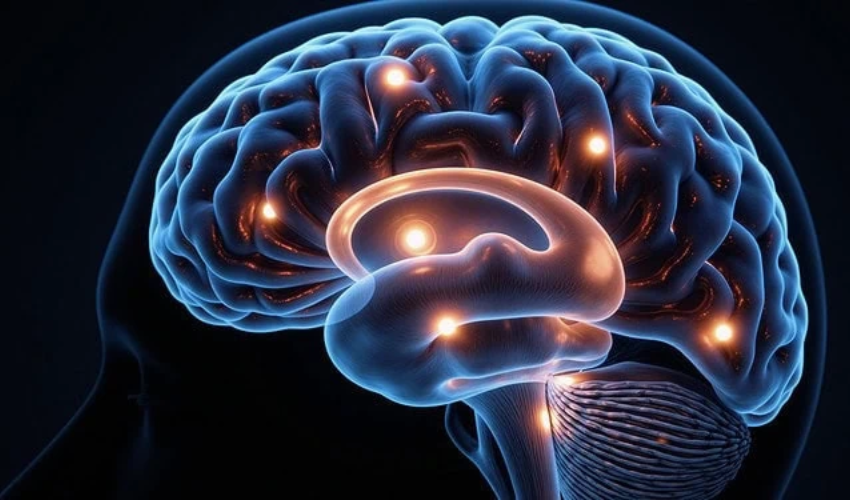A groundbreaking study has raised concerns about the potential impact of sleep aids on brain health.
The research, which looks at the brain’s glymphatic system, shows that zolpidem—commonly prescribed for sleep disorders like insomnia—may interfere with the brain's waste-removal process.
The glymphatic system, active during non-REM sleep, plays a critical role in clearing harmful substances from the brain. This process, essential for preventing neurodegenerative diseases like dementia, relies on synchronized oscillations powered by the neurotransmitter norepinephrine. However, the study reveals that zolpidem might suppress these oscillations, disrupting waste removal during sleep.
Sleep is vital for the brain’s maintenance tasks, including immune surveillance and waste clearance. But as sleep disorders, like insomnia and sleep apnea, affect millions worldwide, many turn to medications like zolpidem for relief. Unfortunately, while these medications may provide short-term benefits, they could undermine the natural restorative effects of sleep.
The findings have sparked concern, particularly given the growing evidence linking poor sleep with cognitive decline. Researchers urge caution in the use of sleep aids, recommending they be considered only for short-term use and as a last resort.
Experts also stress the importance of further research to understand the long-term effects of sleep medications on brain health and the glymphatic system. As the connection between sleep, brain function, and overall health becomes clearer, the need for safer, more effective solutions to sleep disorders is more pressing than ever.


























